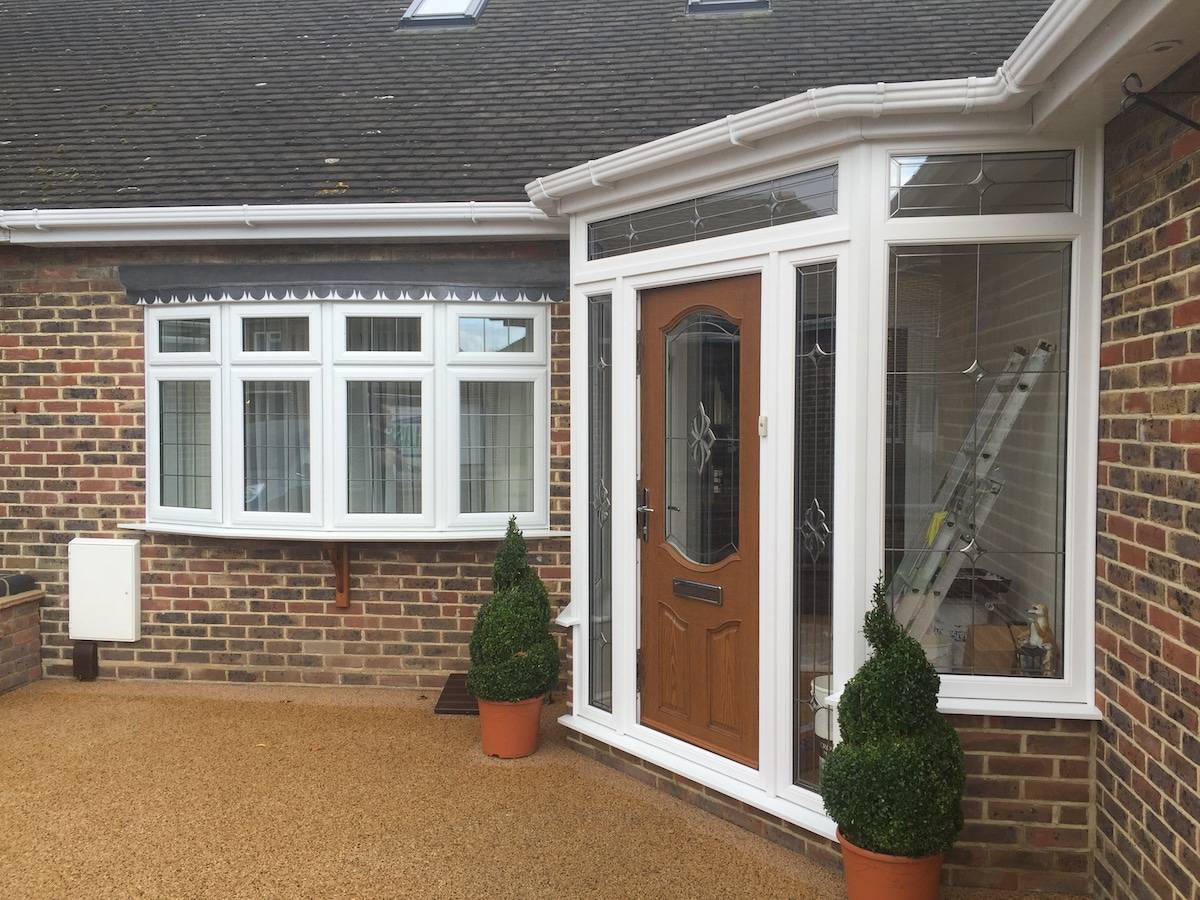All Categories
Featured
Table of Contents
Double Glazed Windows & Doors Melbourne & Sydney in Wembley Downs Western Australia
That window can transfer more solar heat in winter season than in summer season. A west-facing window on a summer season's afternoon has an angle of incidence from near 0 approximately 30 with a large effective location of solar radiation. A north-facing window, in summer, has a high angle of incidence and a low efficient location of solar radiation, so can send less heat than a west-facing one.

You can rapidly and quickly improve the thermal performance of your house by replacing your windows. This is among the most reliable techniques of restoration to accomplish improved thermal comfort. There are countless kinds of glass and frames to select from. Choosing the best ones is important to improving the energy performance of your house.
What Are The Best Double Glazed Windows In Australia? in Langford WA
There are various types of glass items to select from. Single glazing uses a single pane of glass. Single glazing with clear glass is not very effective when it comes to heat loss or gain. To improve performance, you can use single glazing with a more energy-efficient kind of glass such as low emissivity (low-e) glass.
Multiple layers can be assembled with sealed cavities in between each sheet of glass. IGUs typically provide better energy efficiency than single glazing, due to the fact that they transmit less energy. The energy performance of IGUs likewise depends on: the properties of each layer of glass. Different glass types (for instance, clear and low-e glass) can be assembled in an IGU.
Techniques For Double Glazing Windows in Sinagra WA

IGU cavities can be filled with air or a more inert, low-conductivity gas such as argon the width of the cavity. Larger cavities provide lower (better) U worths, with 12mm generally accepted as the favored space how well the cavity is sealed.
If argon is set up to the cavity in location of air, wetness is reliably excluded the level of desiccant (drying representative). The spacer (metal or polymer strip) that separates the glass layers includes a desiccant to soak up any moisture. Inadequate desiccant might trigger wetness to condense on the glass surface area in cold conditions, reducing thermal performance.
Benefits Of Double Glazing Low-e in Churchlands Western Australia
In truth, IGUs can deliver much better energy performance for all climates, specifically in heated and air-conditioned homes. Cross-section detail of single, double and triple-glazing units Low emissivity glass (commonly called low-e glass) reduces heat transfer. Low-e glass may be either high or low transmission: High transmission low-e glass has a finish that enables daytime from the sun to enter your home to achieve excellent solar heat gain, but decreases the quantity of the long wavelength infrared heat that can escape back through the window.
Low-e glass has either a pyrolytic finishing or a vacuum-deposited thin film metal covering. Pyrolytic coverings are durable and can be used for any glazing; vacuum-deposited finishes are soft and are just utilized within IGUs. Low-e finishes can considerably enhance both U worth and SHGC; nevertheless, they must be utilized correctly or they will either degrade or fail to perform as required.
Double Glazed Windows Melbourne - Upvc - German ... in South Guildford Perth
Low-e finishings can be utilized in mix with clear, toned or reflective glass. Low-e finishings on glazing can lower heat transfer where needed Image: Department of Industry, Science, Energy and Resources Toned glass has actually colouring ingredients included throughout manufacture. It is readily available in numerous colours, generally bronze, grey, blue and green.
Latest Posts
Fitting A Cabin In Your Garden? Get Double Glazing Fitted Too in Forrestdale WA
Why Is Double Glazing So Important In Winter? in Highgate Perth
Best Glass For Double Glazing in Gwelup Perth